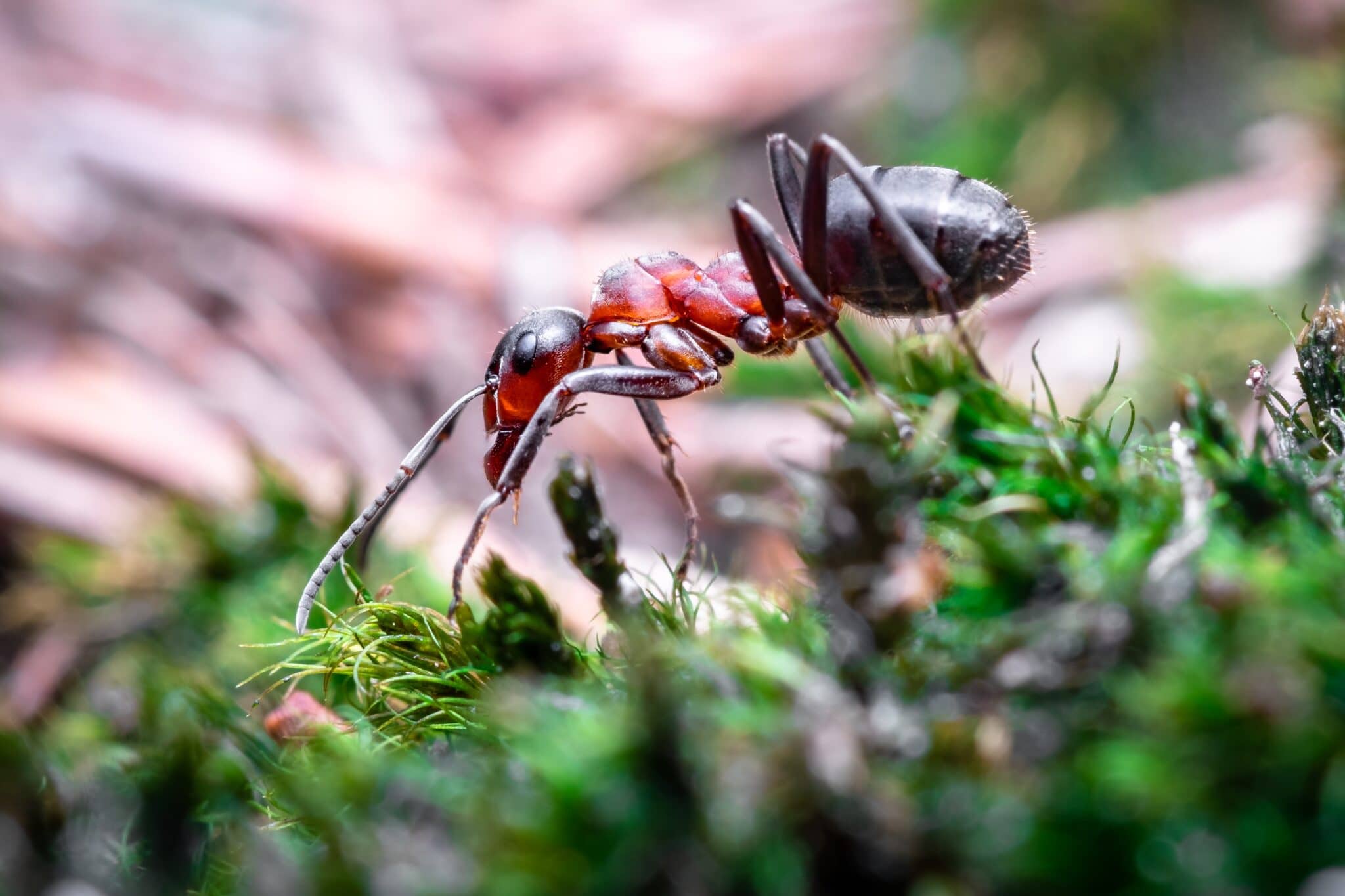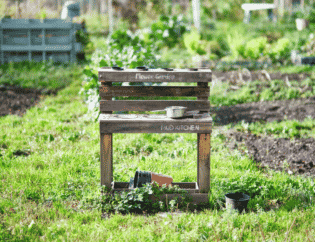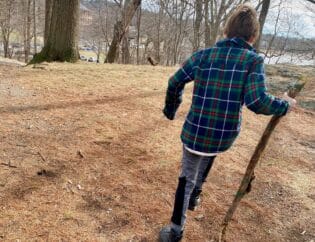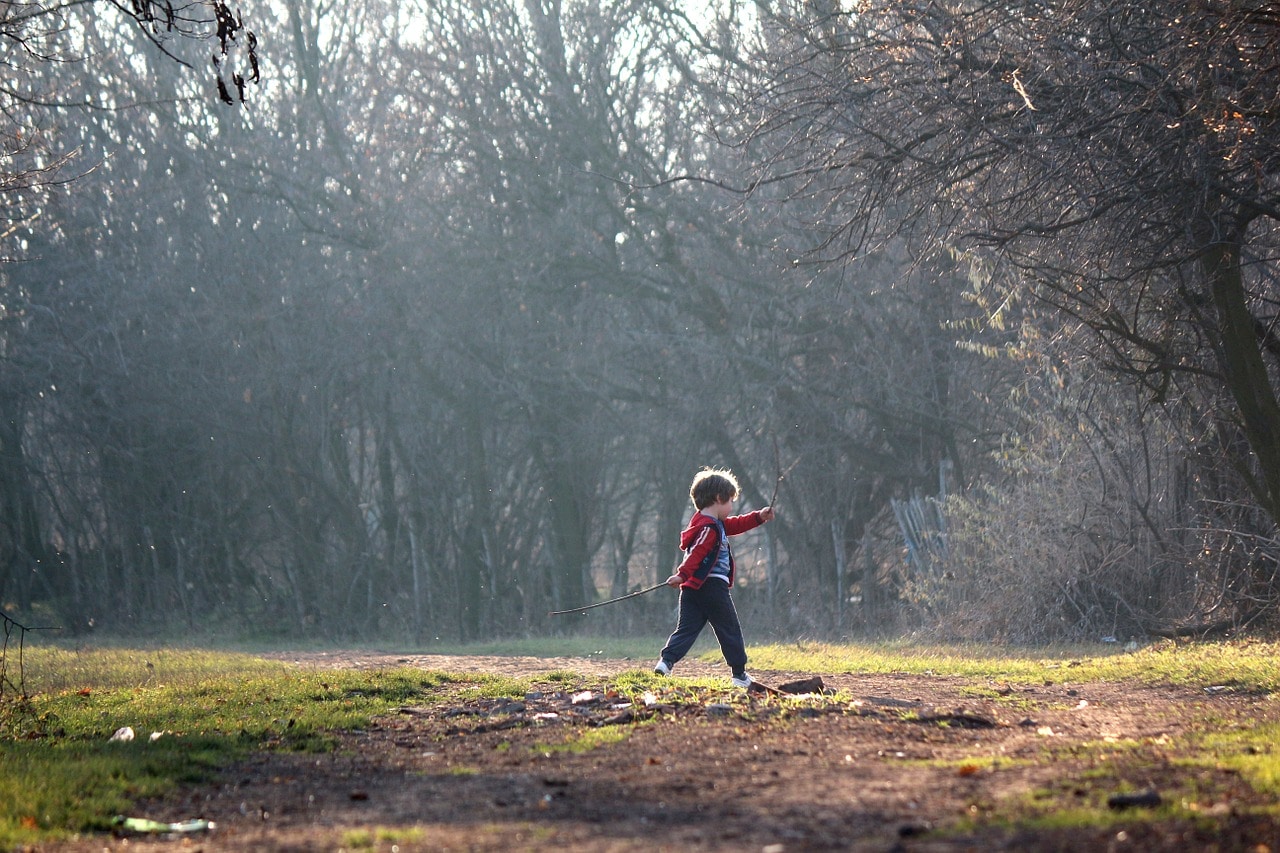
Have you ever had the experience of attempting to arrange a playdate for your child with another parent, only to discover that between activities, lessons, and sports, the child (much like a sought-after MD) is scheduling six months out? Along with screens and memes, crammed schedules are a trait of modern childhood that we really need to reevaluate.
Actually, what parents scrambling to fill their child's schedule with language lessons, music lessons, hockey traveling teams, math tutoring, dance, gymnastics, swimming, climbing…do not realize is that, while this overscheduled kid may be able to speak Mandarin, they might need help arranging their schedule for the rest of their lives.
Why? Two words: Executive Functioning.
Executive Functioning isn’t just one thing. It’s a constellation of skills that help us manage ourselves and achieve our goals. It involves mental skills such as working memory, flexible thinking, emotional and self-control. These are critical skills for a happy, successful life as we use them every day to learn, plan, focus attention, set goals, and get things done. For kids, these are crucial skills for learning.
Executive functioning is responsible for many skills, including
- Paying attention
- Organizing, planning, and prioritizing
- Starting tasks and staying focused on them to completion
- Understanding different points of view
- Regulating emotions
- Self-monitoring (keeping track of what you’re doing)
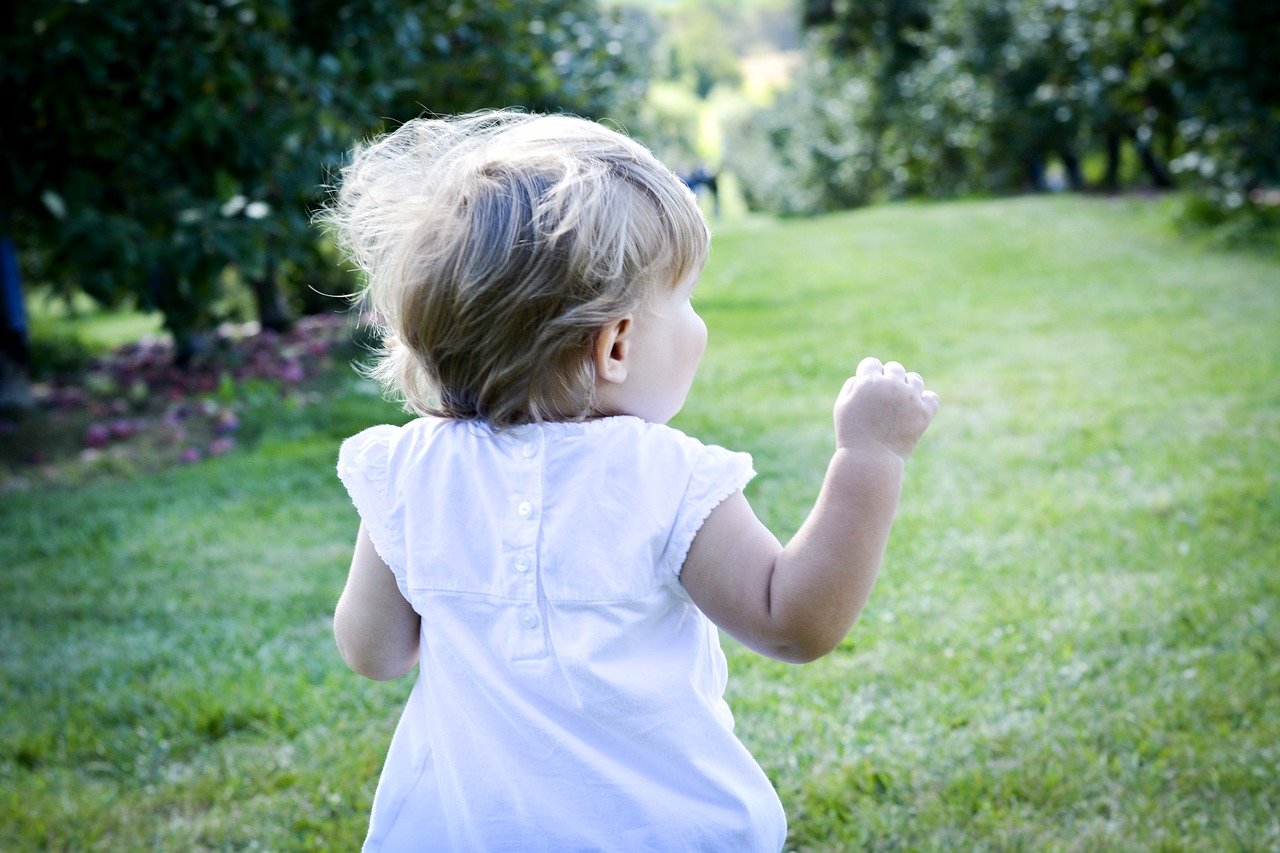
Childhood is a crucial time to develop these lifelong skills because it's a time when cognitive functions have the most dramatic growth potential. But keep in mind that executive functioning skills mature at different stages and at different rates with some children reaching their developmental peak in late childhood or adolescence while others mature in early adulthood.
When a child has trouble with executive functioning, they may find it hard to focus, follow directions, or handle emotions. They may get in trouble more often in school, have a harder time with academic work, social relationships, they may even be medicated.
But the good news is that executive functioning skills are not a matter of either being born with it or without it. There are ways you can help bolster your child’s executive functioning. One way that researchers have proven to work is through nature‐based experiences for children. Here’s what we know:
A 2017 study conducted in Norway followed 562 children over a period of four years, with assessments conducted each year. That’s pretty solid as far as methods go. The children were attending daycare centers which took the kids outside between 1 and 9 hours daily (the 28 daycare centers participating in the study varied widely in how much time the children spent outdoors and in the type or quality of the environment). The assessments involved the children, their parents, and their teachers.
What the researchers found was, among children aged 4 through 7, those who spent more time outside during child care performed better on an executive function assessment and showed fewer inattention-hyperactivity symptoms. In fact, they found an inverse dose-response relation between time spent outdoors and inattention-hyperactivity symptoms.
In another study, 34 children between the ages of 7-8 and 33 preschoolers ages 4-5 participated in two sessions in which they first completed puzzles, an activity designed to fatigue attention, then took a 20-minute walk along urban streets or in a park-like area. After the puzzles and the walk, the kids completed assessments of working memory, inhibitory control, and attention (all executive function or EF skills). The kids responded faster on an attention task following a nature walk than on an urban walk, with boys and preschoolers performing better.

We also know that the type of outdoor play also matters in improving a child’s executive functioning. Numerous studies have found a link between playful engagement with nature and improved mental health and emotional regulation in kids under age 12. To understand “playful engagement” think about open-ended, child-directed experiences such as free play, exploration, and child-initiated learning, in contrast to externally directed activities, such as school gardening projects and adult-led field trips.
In 2014, a group of researchers in Colorado were curious about the most effective interventions to improve executive functioning. Possible interventions include structured training activities led by adults in the lab as well as less-structured activities implemented in schools. The group hypothesized that time spent in less-structured activities would give children opportunities to practice self-directed executive functioning, and lead to benefits.
To test their hypothesis, 70 children (ages 6 & 7) were recruited, along with a parent, to participate in the study. The children’s activities (outside of formal school hours) were coded as “structured” or “less-structured”. Structured activities were typically adult-led, such as lessons and practices, while less structured activities were often child-initiated and include free play; social events with family (including camping, picnics, hiking, biking, and swimming); enrichment events (such as visits to the museum, library, and zoo); entertainment (movies, performances, sporting events); reading; and media/screen time. Overall, the more time children spent in less-structured activities, the better their self-directed executive function, even when controlling for age, verbal ability, and household income.
So less-structured activities were better for executive functioning. Take a guess at another word for less-structured activities? PLAY.
Like all things good for kids, improving a child’s executive function comes down to play, free play to be exact. Again and again, we hear that kids need play. It offers a host of benefits that our kids can’t do without. The American Academy of Pediatrics (AAP) says that play protects children's emotional development. It also says that a loss of free time from a hurried lifestyle can be a source of stress, anxiety, and even depression in many children.
So, basically, the less we try to control the way a child spends their time outdoors, the better they fare. Know that you are doing the very best for your child if you are simply taking them outdoors with a friend or sibling and letting their creativity take over.
To go deeper and learn more about this important topic, please read the Children & Nature Network’s publication, Thriving Through Nature: Fostering Children’s Executive Function Skills (C&NN, 2015) by Chiara D’Amore & Cheryl Charles. This fantastic resource recommends nature‐based activities to enhance cognitive development. The best part is that it includes activities for early childhood into infancy, toddlerhood and early childhood, followed by middle childhood and early adolescence. For each age group, they provide information about the physical, emotional, and cognitive milestones to help develop executive function skills.





